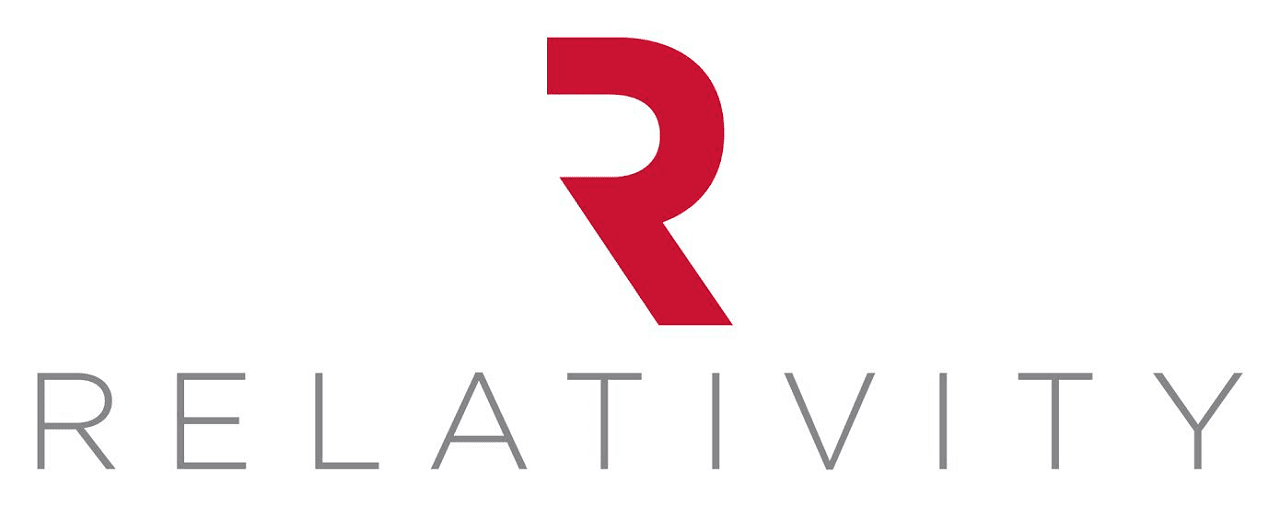Do you have lots of customers? Or just a few regulars? Do you physically network? Or do you rely on word of mouth, social networking or even actively telemarket?. If the answer to any of those questions is yes then you should be running a Customer Relationship Management (CRM) System. CRM’s do not need to be complex, in fact CRM is more about your process than the system, the system is there to make your process simple, scalable and effective. So what is a CRM system? This can be as simple as collecting details on those contacts who are potential clients , those who can help you get clients, and even those contacts who are suppliers. But once you have that data you can go so much further than that, and this is where the ‘R for Relationship’ comes in and is where a system starts to make your life easier.
- Do you make regular email contact with your clients and potentials and use a CRM system to standardise the contact no matter who sends out the email? This makes sures your story is strong and consistent.
- Do you use a CRM system to track all communication with your customers and potentials no matter who made the contact or how they did it? This means that no matter how big you grow, the person doing the contact knows what has gone before.
- Do you have a process for new clients or a programme of regular contact? Do you use a CRM to make sure the process happens and in a timely fashion engaging everyone in the business who needs to act?
- Statistics. Do you know who is buying, who are your best clients, where they are from, how many ‘touches’ it takes, who your best salespeople are and what makes them best? A lot of business owners may have a ‘gut’ feeling about these sorts of statistics but a CRM system will allow you to see the facts, drill down further allowing you to target what works and improve what doesn’t.
- Integrate. In an ideal world your CRM system will not stand alone it should integrate into or help do the process for other departments in the business, i.e. Raise PO’s and Invoices etc. Reducing or stopping double entry and setting business data free in a safe and secure manner to those who need it. This may not be directly measurable but it can make a business much more effective.
But CRM systems are only for those businesses who are ready, have the process in place, have staff who see the benefits of such a system and are willing to put in the extra work CRM system may involve, to see the final benefits. If any of these requirements are not met then the project is doomed for failure, this is not to say that you cannot make the business ready as part of the project. You should not underestimate the amount of training and promoting you may need to do internally to get the commitment the final project needs. But how do I select a system, there are so many choices? First you need to look at what you do now and are planning for in the future, where you do it, who you do it with, how good are your staff at learning new things, budget etc. This will determine, how flexible the system should be, what functionality it requires, how many and what sort of staff will use it, should you run it internally or externally in ‘ the cloud’, how much training and handholding is required.
At this point you start the research, whilst the initial research will uncover a huge number of CRM systems ( Google Search). If you have identified your requirements in the first stage this large number will quite quickly reduce to a manageable few (see below a few that we have had success with), at this point you can start parading your selection, most will allow you free reduced functionality/user systems (you may even find free is enough for you or at least to start with). Start asking questions of the developers/suppliers and talk to experts like us, no doubt your chosen system will have a following of users/partners who congregate in Groups on LinkedIn/Facebook/G+ or Product forums, these are an easy place to get answers, often unbiased.
Our Favourites
- Salesforce: The granddaddy of them all, seen as the creme de la creme of Cloud based CRM systems, but often seen as complex.
- Netsuite: So much more than CRM you could run your whole business on this from the Webshop to Accounts.
- Zoho CRM: A simple but very flexible CRM system, the developers focus on integration into their other products and third party.
- Microsoft-CRM: In the Cloud or on Premise a flexible system but seems to require a lot of work out of the box to get it to meet your needs
- Capsule CRM: Very simple with the Core CRM functionality that most people need, tends to rely on third party system (that it integrates very well with) for functionality which is standard in other systems, such as email.
- Insightly CRM: Insigthly to me unsightly but if you can get past this it is a very capable yet simple CRM system with teams and projects. Like Capsule and Zoho, Insightly has close ties to Google Apps for Business.
- CallPro CRM: A call centric CRM system, ideal for telemarketers and those people who sell predominantly by the phone. Whilst a cloud driven system it can integrate into your phone systems to allow automatic dialling and includes features such as dynamic call scripts and integrated email marketing,
What CRM do you use? is it a formal system or do you just use a free flowing process based around contacts?
